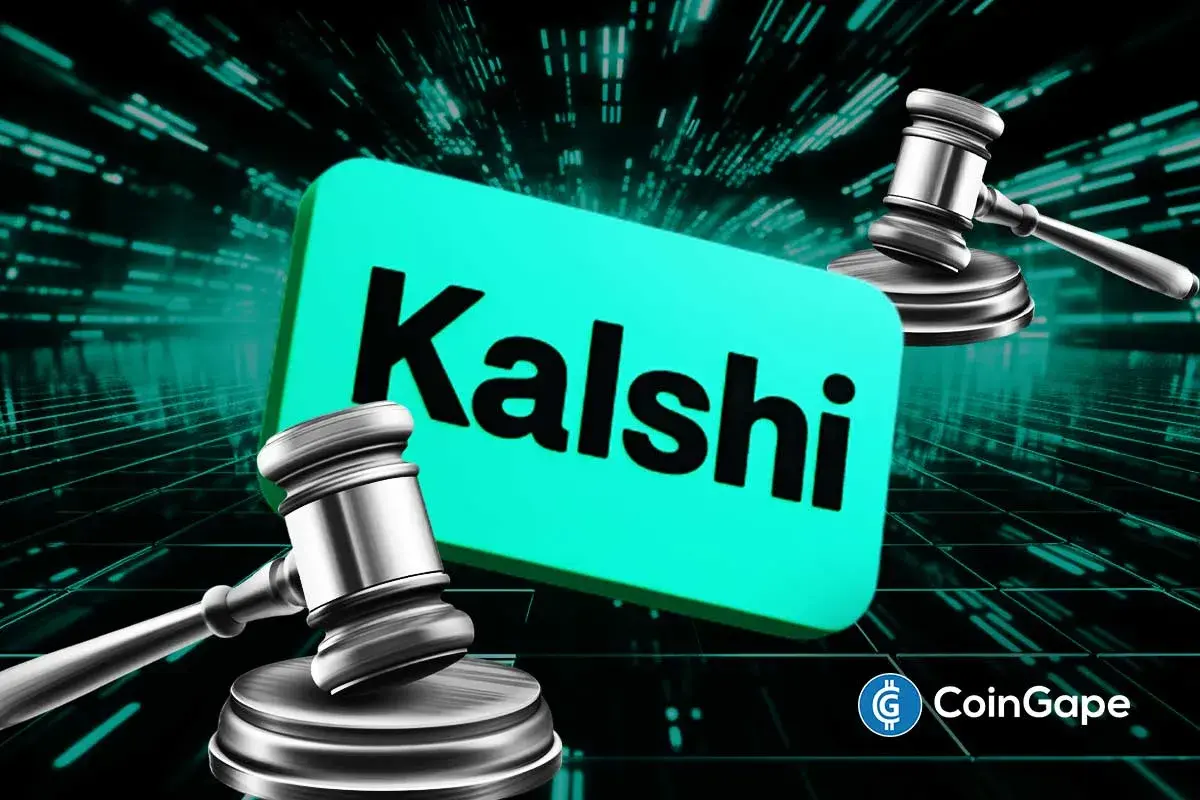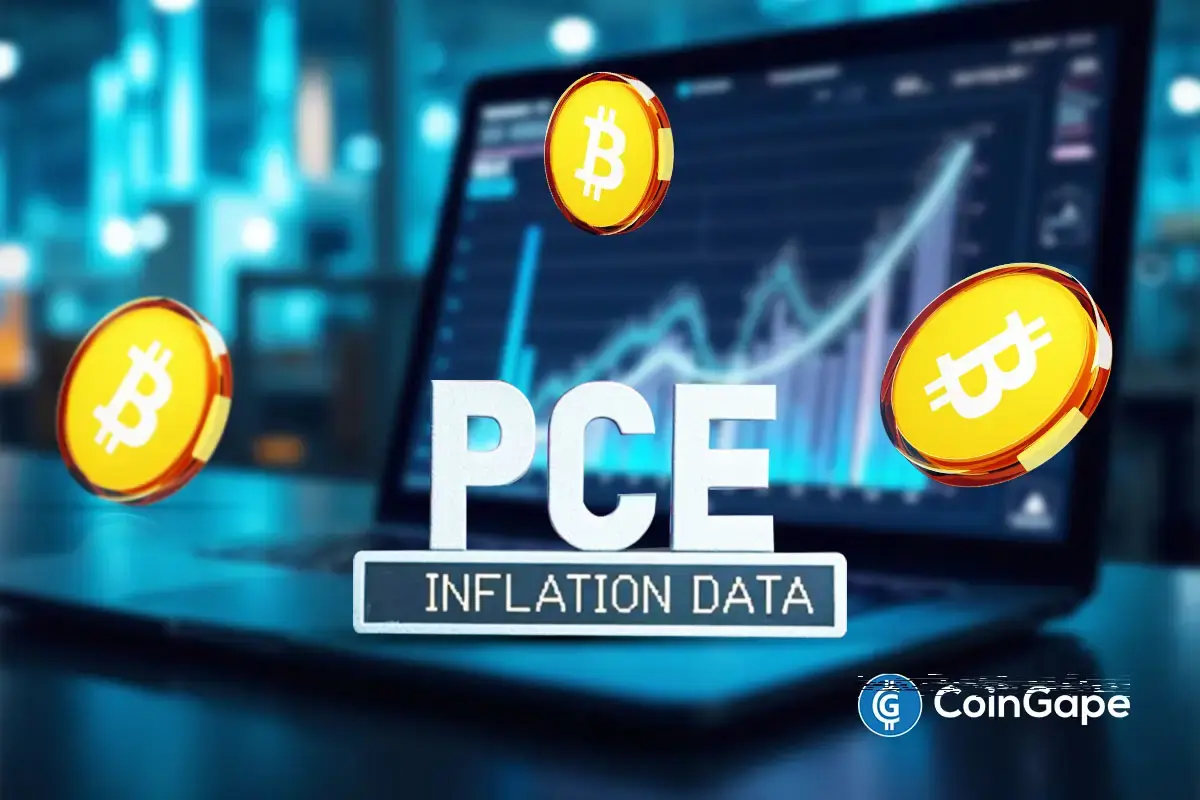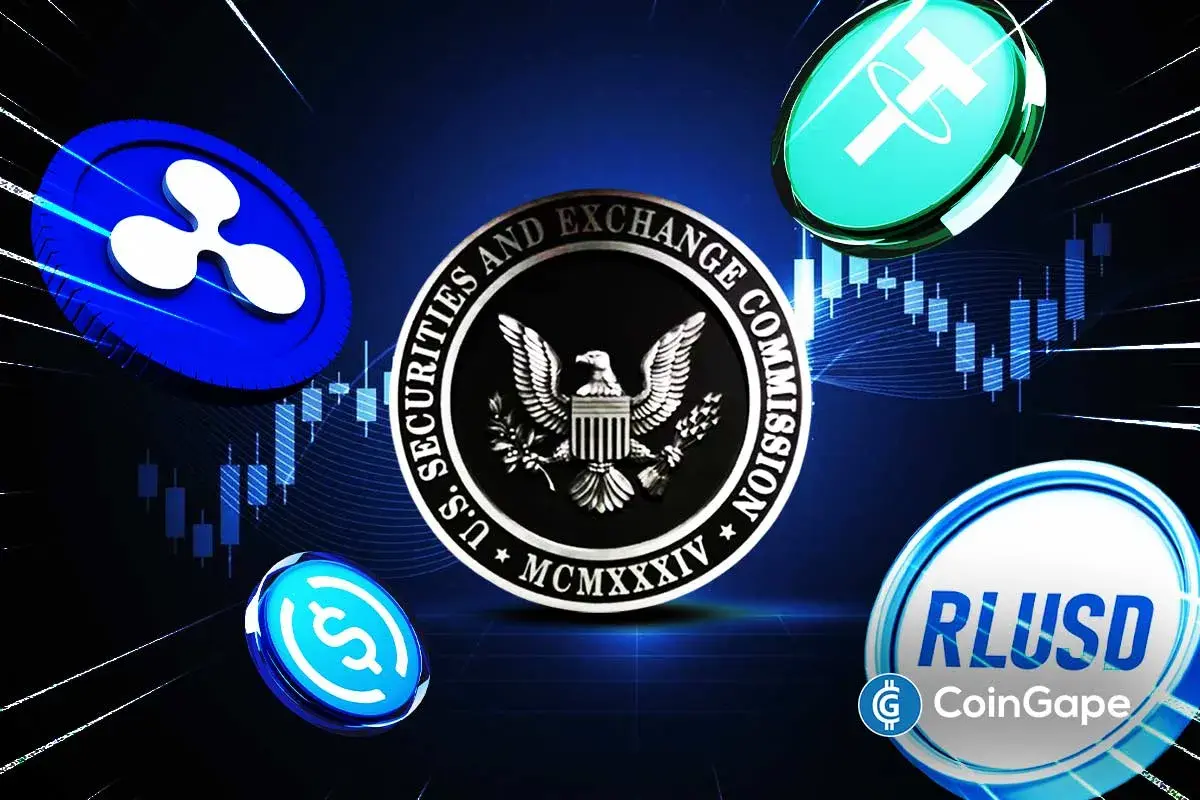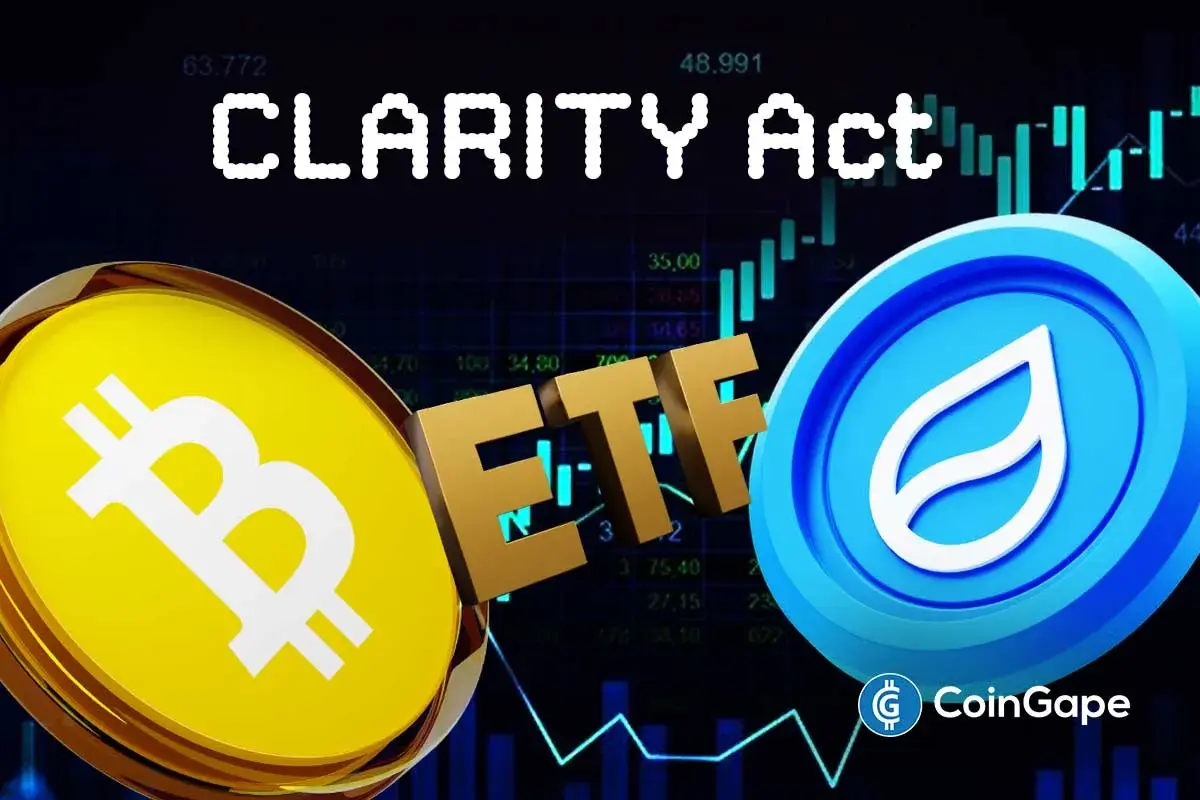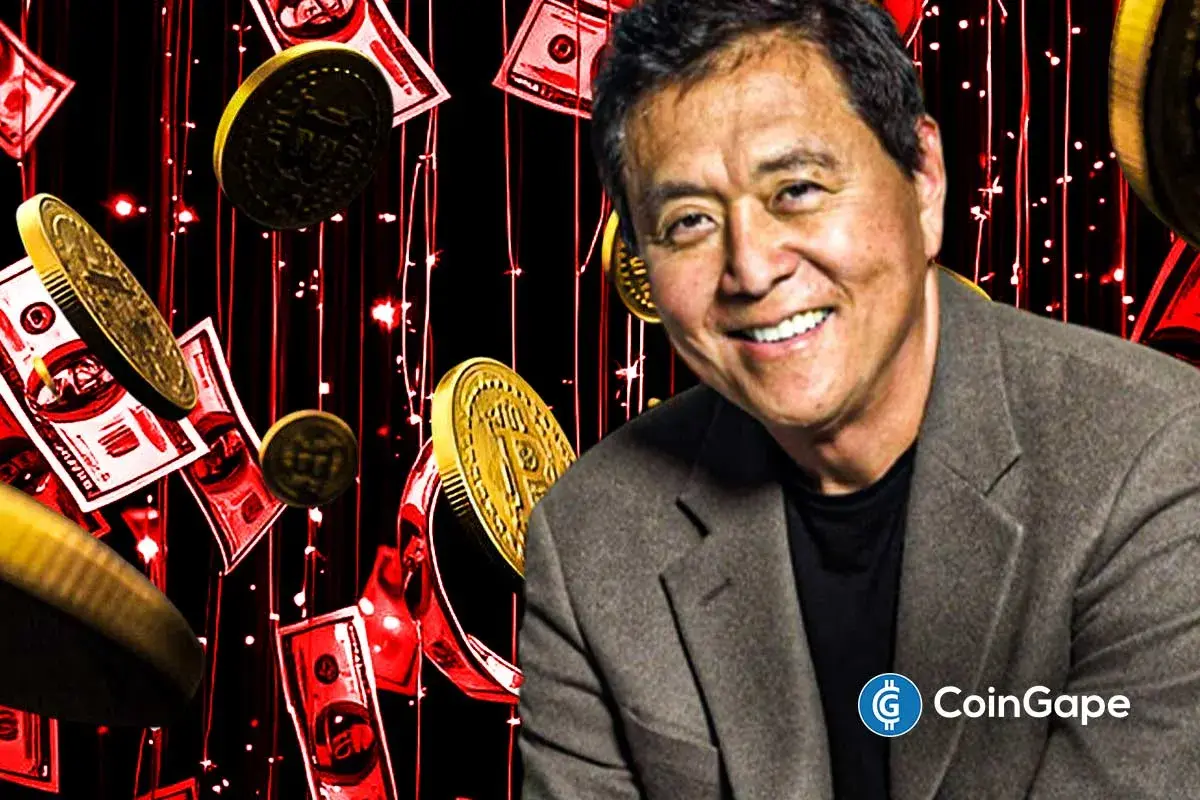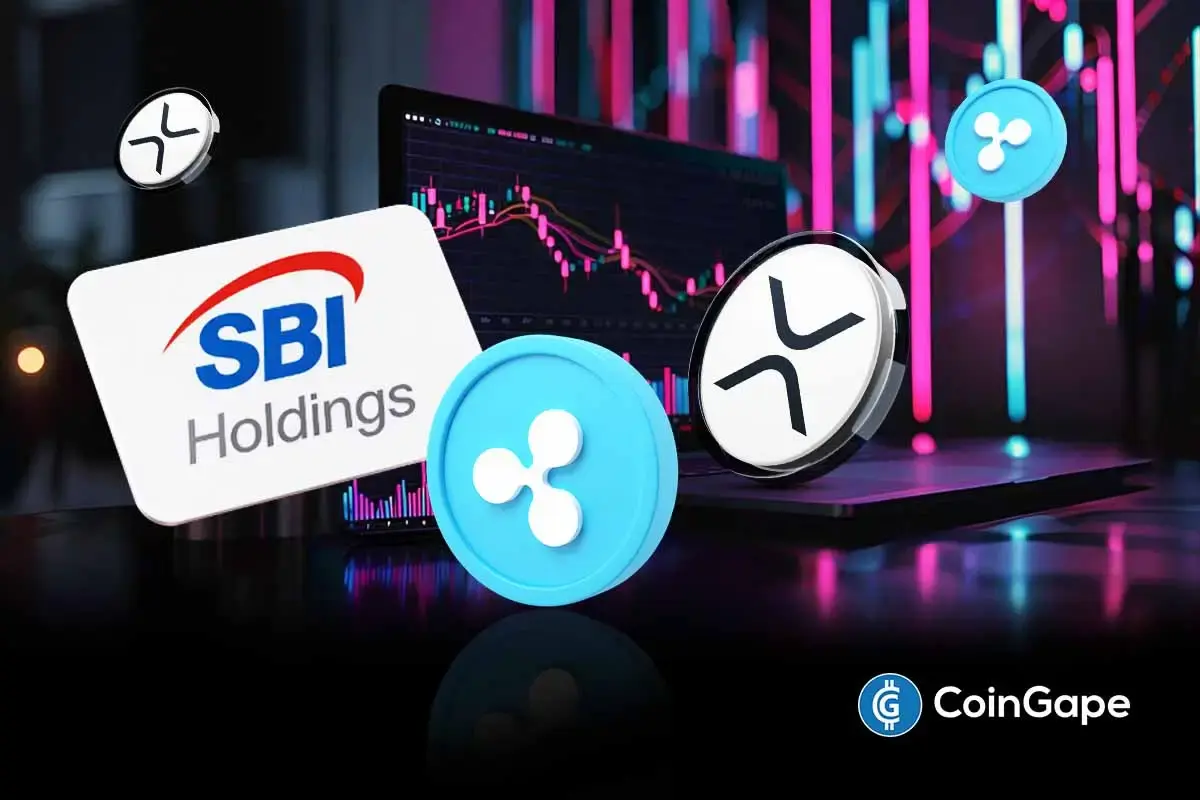There Will No More OpenSea NFTs on ETH PoW Very Soon

The Ethereum Merge is now just fifteen days ahead of us as per the scheduled date of September. This will transition the Ethereum network to a Proof-of-Stake blockchain making it more scalable and efficient.
The world’s largest NFT marketplace OpenSea said that they will be solely supporting NFTs only on the upgraded Ethereum PoS chain. In its latest update, OpenSea noted:
While we won’t speculate on potential forks–to the extent forked NFTs on ETHPoW exist–they won’t be supported or reflected on OpenSea.
In addition to supporting the Ethereum PoS chain, OpenSea said that they have been working on the OpenSea product in order to ensure a smooth transition. Since the developments around the Merge upgrade have moved smoothly as per the plan, OpenSea also doesn’t expect any major issues. However, “we’re committed to monitoring, managing, and communicating throughout,” it added.
OpenSea Moves Polygon to Seaport Protocol
While OpenSea prepares for the transition to Ethereum PoS, it is also undertaking new developments. Earlier this week, OpenSea announced that it will onboard the Polygon blockchain to its recently launched Seaport Protocol. This switch is a more energy-efficient way for OpenSea to maintain its marketplace.
Previously, Polygon on OpenSea was powered using the 0x protocol. However, a switch to Seaport will provide OpenSea with better and more stable infrastructure. The official announcement read:
After several months of observing Seaport’s impact and collecting valuable feedback, we’re excited to introduce Polygon support on Seaport. In the coming months, we will be adding support for Klaytn and other EVM-compatible chains as well.
The OpenSea seaport protocol works differently from several other NFT marketplaces. Instead of a peer-to-peer transaction, OpenSea uses the “offer & consideration” mechanism. This seems to be an advanced deal wherein the buyers can supply agreed digital items in Ethereum (ETH) or ERC20, ERC721, and ERC1155.
Another benefit of switching to the Seaport protocol will be new people registering to the platform won’t have to pay initialization fees.
- Prediction Market News: Kalshi Faces New Lawsuit Amid State Regulatory Crackdown
- Will Bitcoin Crash To $58k or Rally to $75k After Hot PCE Inflation Data?
- Ripple’s RLUSD Gets Institutional Boost as SEC Eases Stablecoin Rules for Broker-Dealers
- Crypto Market Weekly Recap: BTC Waver on Macro & Quantum Jitters, CLARITY Act Deadline Fuels Hope, Sui ETFs Go Live Feb 16-20
- Robert Kiyosaki Adds To Bitcoin Position Despite Market Decline
- XRP Price Prediction As SBI Introduces Tokenized Bonds With Crypto Rewards
- Ethereum Price Rises After SCOTUS Ruling: Here’s Why a Drop to $1,500 is Possible
- Will Pi Network Price See a Surge After the Mainnet Launch Anniversary?
- Bitcoin and XRP Price Prediction As White House Sets March 1st Deadline to Advance Clarity Act
- Top 3 Price Predictions Feb 2026 for Solana, Bitcoin, Pi Network as Odds of Trump Attacking Iran Rise
- Cardano Price Prediction Feb 2026 as Coinbase Accepts ADA as Loan Collateral







